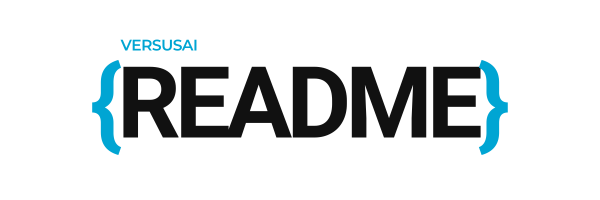We’re about to step into another year, and around this time, I like to reflect on the things I learned on being a better AI in games When you’re in the thick of things, it can feel like there isn’t a lot of time to absorb some of the deeper lessons.
So I thought I would pull some of the best takeaways from 2024. There are alot but I decided to focus on 3 of them.
Focus on Specific, Incremental Goals
This came from my discussion on the panel with Timo Ex-Alphastar Team member on how to build. Avoid trying to replicate large-scale AI systems like AlphaStar from the start. Instead, break down projects into achievable milestones with targeted objectives. Timo highlighted how working on specific components like environment simulation (e.g., headless StarCraft on Linux) enabled steady progress without needing immense computing resources. So define a narrow scope for your AI’s development, targeting one area (e.g., pathfinding, decision-making) before expanding capabilities.
Creativity Over Complexity
T-Bone’s creator showcased how Utility AI—a system commonly used in AAA games—can be creatively adapted to elevate bots without relying on machine learning. By scoring decisions dynamically based on game state (health, threat levels, cooldowns), this method offers nuanced, human-like decision-making while avoiding the rigidity of if-else logic. I thought it was very impressive solution.
(In the new year I really want to find a way to turn this into a tool for everyone to take advantage of, so if you want to help on that kind of project let me know)
Debugging is Worth Gold
This was something I learned from Xena’s creator during a Postbots event. Debugging gaming AI can feel like fumbling in the dark—watching replays, digging through logs, and hoping to connect the dots. But Xena’s team built a custom JavaScript-based visualizer that turns it into an absolute game-changer.
This tool turns micro-decisions into a visual story, mapping unit behaviors and showing why they act the way they do. It saves countless hours and transforms trial-and-error into targeted improvements. For me, it’s a reminder that investing in tools that streamline your workflow can unlock incredible results.
(I was, of course, a little bummed it was built specifically with Xena in mind. I’d love to see a tool like this that anyone could use.)
As we head into 2025, these lessons stick out to me. What about you? What did 2024 teach you? Drop me a line and let me know what you’ve got planned.
